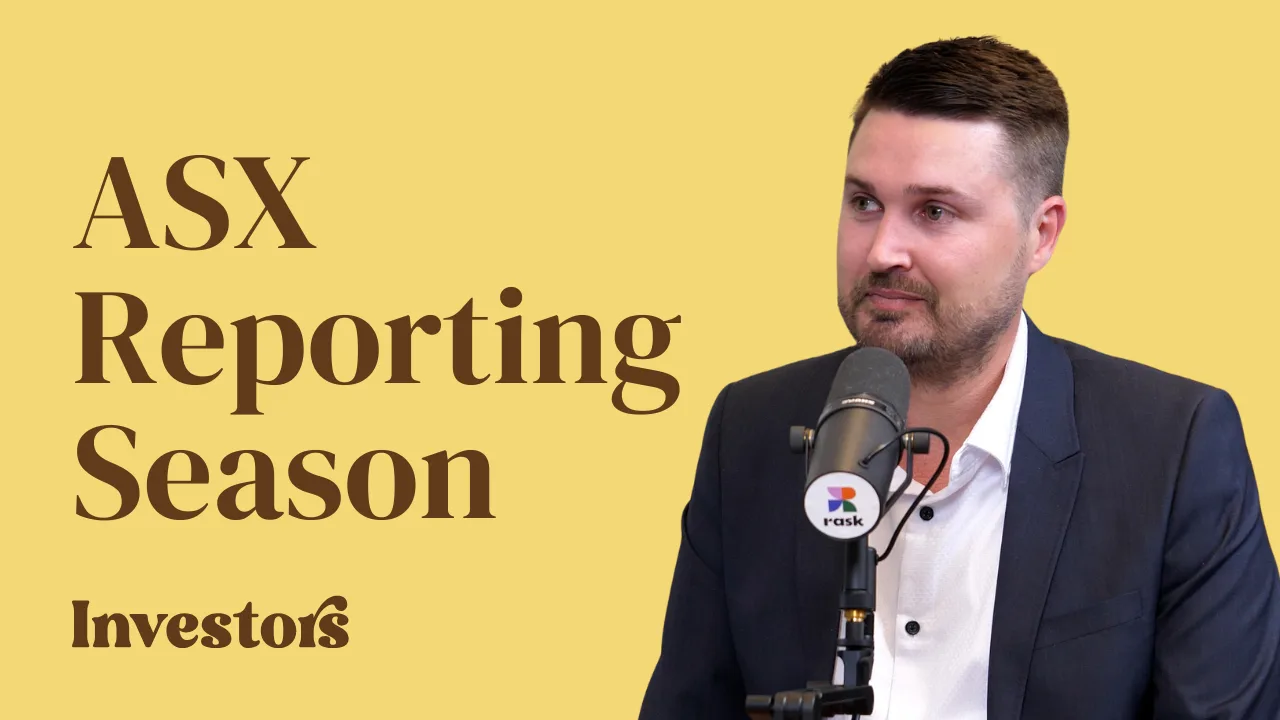Climate change and how best to combat it is a major global concern. In 2021, we are finally seeing governments globally take action, with many announcing sizeable projects and pipelines to transition to renewable energy. Investors concerned about the environment might consider the forgotten key to renewables and electric vehicles – reliable and efficient power storage in the form of battery technology.
Batteries may be an older form of technology but innovation over time has made them an essential store of larger-scale energy, able to support power generated by intermittent renewable power sources like solar or wind, or to accommodate the growing market for electric vehicles.
The value chain for battery technology ranges from mining companies, mining for metals like lithium, to manufacturers of battery storage and storage technology providers. All are potential beneficiaries of the anticipated growth in this industry.
Here’s a recent Australian Finance Podcast episode I recorded with Owen Raszkiewicz, Founder of Rask Australia, discussing the ACDC ETF:
How to meet future storage demands?
The NSW government has recently announced a $32 billion renewable energy plan, while Origin Energy revealed plans to build a 700 megawatt battery storage facility near its Eraring coal plant as part of its transition from coal by 2032.
Wind and solar energy are forecast to supply around 48% of world electricity needs by 2050, with battery technology, gas peakers (turbines or engines that burn natural gas) and dynamic demand anticipated to drive market penetration of solar and wind by more than 80% according to BloombergNEF. The same report also suggests the costs of renewable energy will undercut coal and gas in most parts of the world by 2030 – a compelling reason for countries to focus on it.
Estimates suggest that the amount of battery storage needs to expand 300 times its existing capacity to meet requirements in 2050 (excluding electric vehicles). By 2022, utility scale battery energy storage capacity is expected to more than double, while the market for battery technology is anticipated to reach $90 billion by 2025, growing more than 12%.
Further to this, the electric vehicle industry (reliant on battery storage for success) is expected to expand substantially in coming years. BloombergNEF predicts sales to rapidly increase from 2.7% of new cars sold representing 1.7 million cars in 2020, to over half of all passenger vehicles sold by 2040 representing 54 million cars. Even across the COVID-19 pandemic where sales of new cars dropped overall, the UK recorded its best year for electric vehicle sales with more than 108,000 sold.
Why battery technology?
Investors focused on the transition to cleaner forms of power may find the battery technology supply chain offers a unique form of access and extends far beyond energy companies. Battery technology is an established technology that is rapidly innovating and will be vital in aiding the transition to clean energy.
While this may be a way for investors to incorporate their views and values within their portfolios, it may also represent a growth investment due to projected demand in coming years.
How to invest in battery technology
Investors can access battery technology exposure in a range of ways looking across the battery technology value chain.
This may mean focusing on components such as lithium by using mining companies like Pilbara Minerals Ltd (ASX: PLS) or looking at battery manufacturers like EnerSys. Investors could also look at companies with more diversified capabilities not purely restricted to battery technology such as Tesla or Panasonic.
Alternatively, investors could focus on managed options, whether this is active funds or ETFs like the ETFS Battery Tech & Lithium ETF (ASX: ACDC) which offers exposure to a basket of approximately 30 stocks across the global battery technology supply chain.
Learn more about investing in battery tech or ACDC here.
For a full list of references, please refer to the link above.













